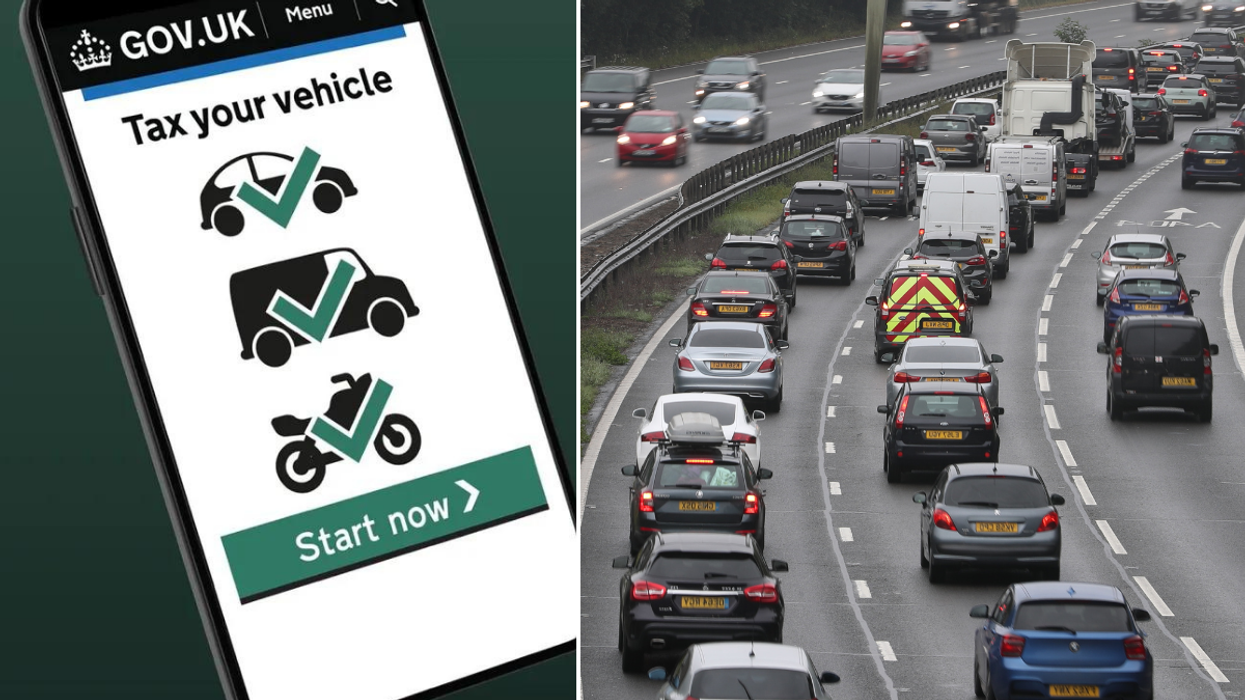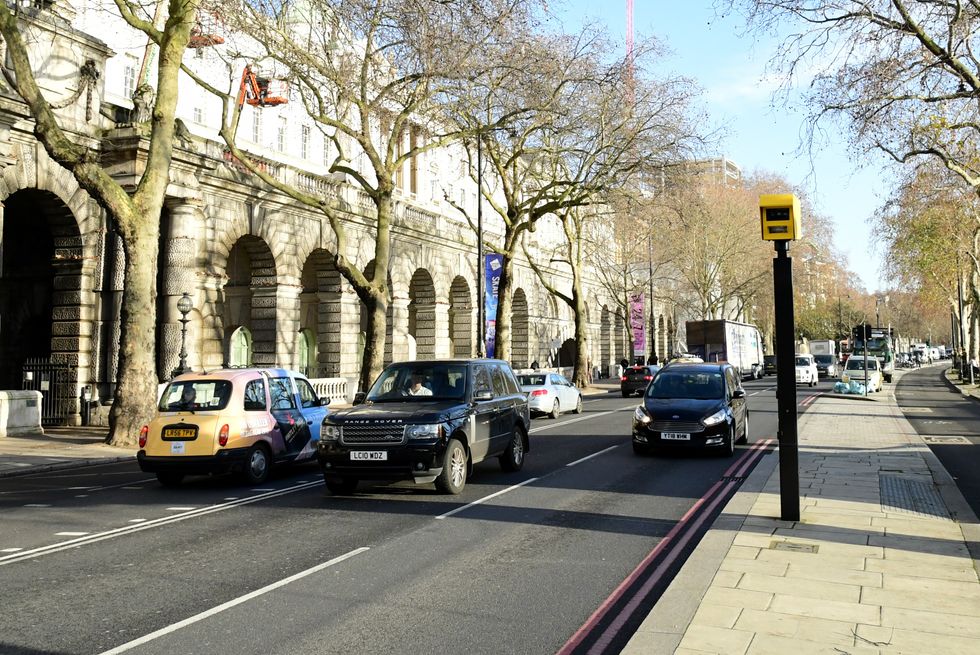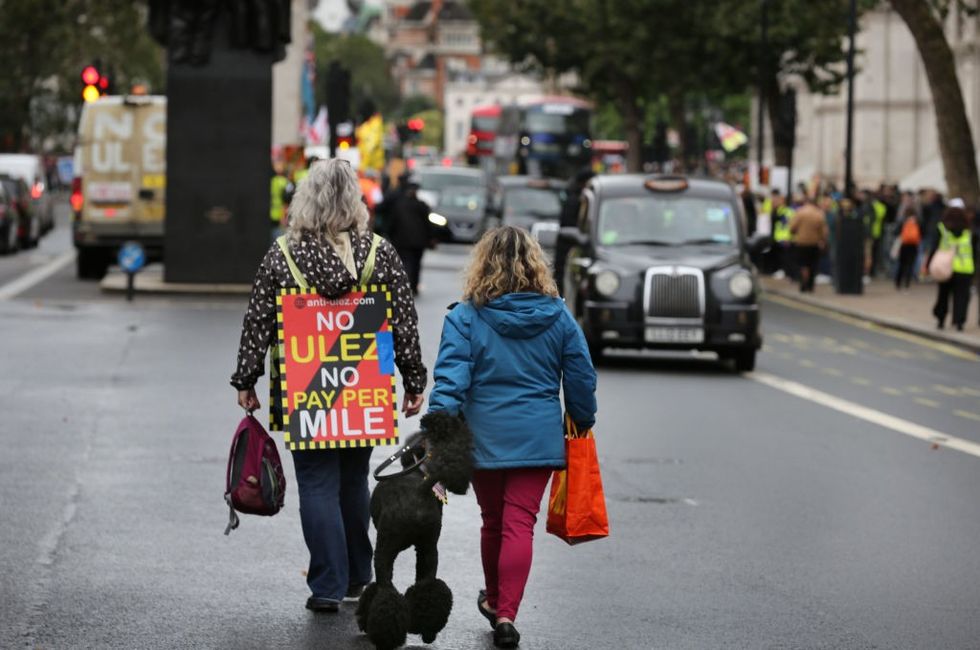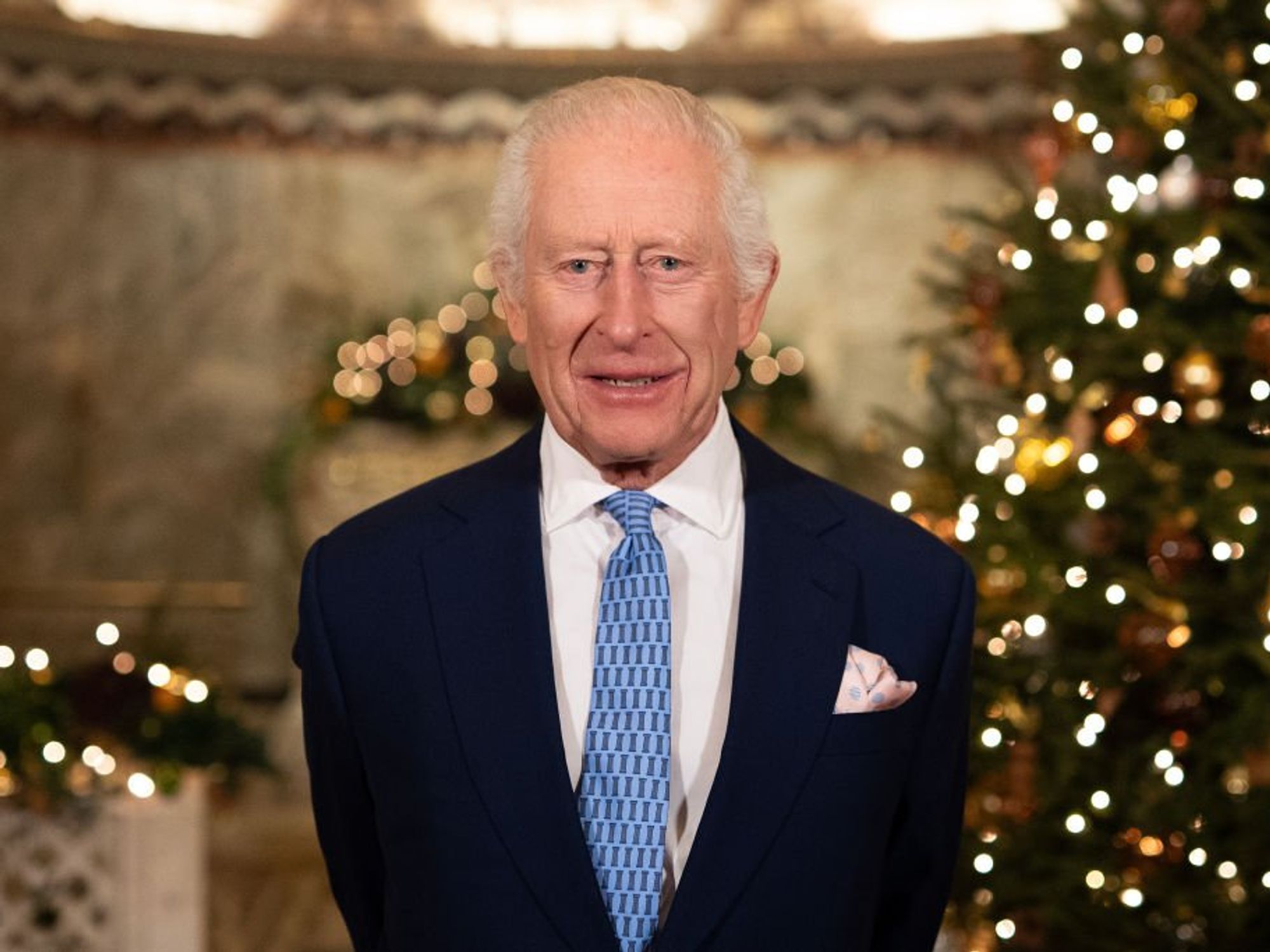Pay-per-mile car tax changes could force drivers to pay £600 more and replace 100-year-old system

Drivers face huge cost hikes in pay-per-mile schemes
|DVLA/X/PA

Changes could be announced at the Autumn Budget on October 30
Don't Miss
Most Read
The Labour Party may be considering introducing a controversial pay-per-mile road tax in the upcoming Autumn Budget with drivers warned they could face £600 cost hikes.
This new tax model aims to address the significant decline in fuel duty revenues expected as more drivers switch to electric vehicles, which currently benefit from tax reductions.
The proposed system could see the average motorist facing costs of around £444 per year, while those in rural areas may see harsher bills increased by £600 for covering 10,000 miles annually.
However, high-mileage motorists, such as driving instructors or delivery drivers, could face even steeper costs, experts have warned.
Do you have a story you'd like to share? Get in touch by emailing motoring@gbnews.uk
 A pay-per-mile scheme could be an alternative for road charging | PA
A pay-per-mile scheme could be an alternative for road charging | PAThe move away from Vehicle Excise Duty, which has been in place for over 100 years since 1921, represents a shift from taxing fuel consumption to taxing road usage directly.
It could also create a more sustainable revenue model in an era of electric vehicles, although it does pose new challenges with many drivers arguing it would cause mass disparity between rural and urban road users.
The shift to electric vehicles represents a huge push for net zero by the Government, but as more drivers make the switch, it could cause shortfall of up to £30 billion by 2035.
The proposed pay-per-mile tax is seen as a solution to plug the gap which sees petrol and diesel drivers charged every time they fill up.
An expert at Shift Driving School said: "If implemented, this pay-per-mile tax would mark a significant change in how road usage is taxed in the UK. As the UK navigates the transition to electric vehicles, the proposed pay-per-mile road tax is a critical issue that will impact millions of drivers.
"The balance between environmental responsibility and fair taxation will be at the heart of the debate as the Labour Party prepares to unveil its plans in the upcoming Autumn Budget."
The expert added that motorists, driving instructors, environmentalists, and policymakers will be watching closely to see how this proposal unfolds.
But critics have pointed out that drivers are "already effectively" paying a tax-per-mile through fuel duties, which currently stands at 52.95p per litre for petrol and diesel.
To address these concerns, Labour is reportedly considering measures to protect vulnerable groups. However, the specifics of these exemptions remain unclear.
Labour's consideration of measures to protect vulnerable groups acknowledges these concerns. However, the lack of specific details about these protections has left many drivers uncertain about the potential impact on their finances.
Silviya Barrett, director of policy and campaigns for the Campaign for Better Transport said: “The new Chancellor faces a looming black hole.
"She can avoid it, in a way which is fair and which garners broad public support. But she should start now, as this issue will only get more pressing."
LATEST DEVELOPMENTS:
- E-bikes get seized in London as riders illegally modify speeds to 70mph to steal phones from pedestrians
- Major car brands set to issue 260 vehicle recalls this year as millions of drivers could be impacted
- Britons issued urgent petrol station warning with drivers told to act 'immediately after you fill up'
 Drivers in rural areas would likely pay more under the tax measure | GETTY
Drivers in rural areas would likely pay more under the tax measure | GETTYBarrett added: "It should be cheaper to drive a zero-emission vehicle than a more polluting vehicle, but it’s only fair that these drivers should pay a share, and a pay-as-you-drive model can achieve this."
Questions on the pay-per-mile tax measures are expected to be answered in this year's Autumn Budget announcement which is set for October 30.










